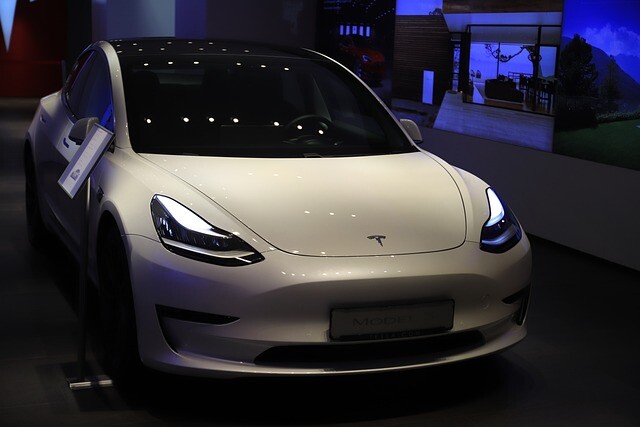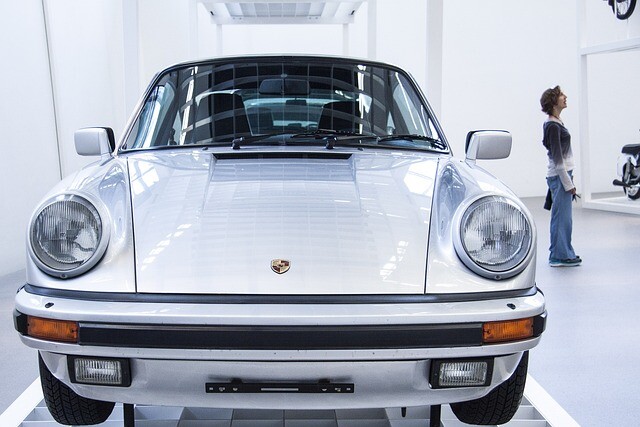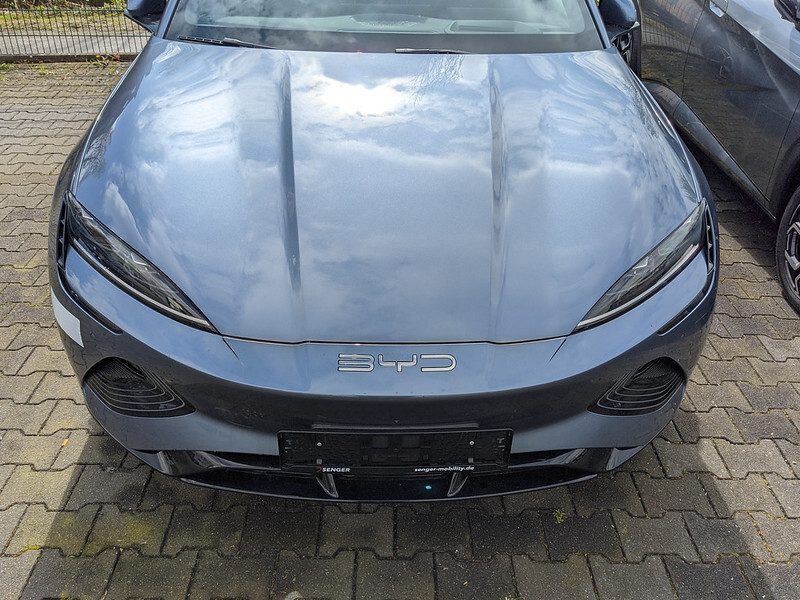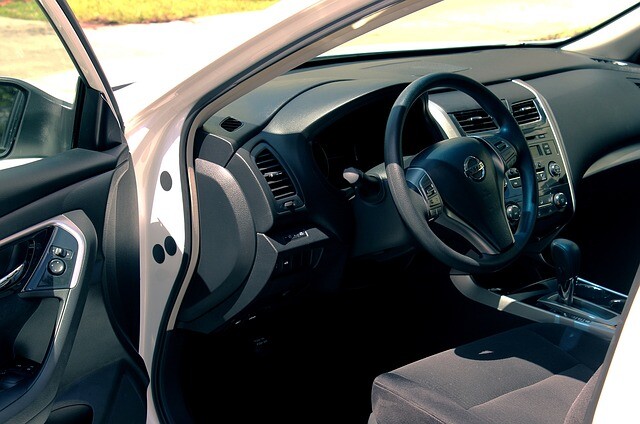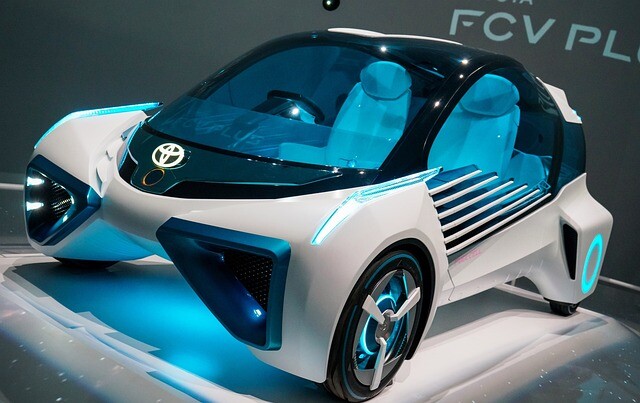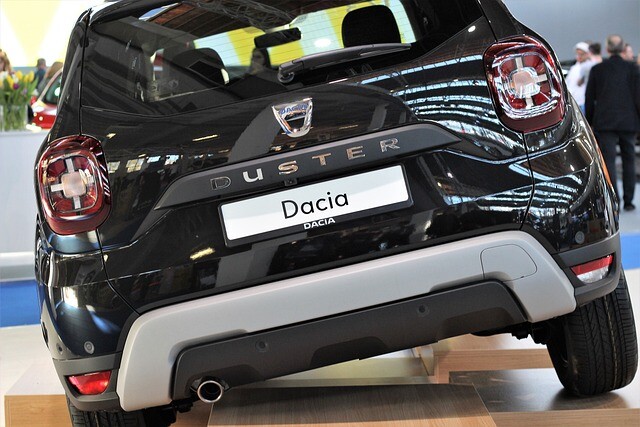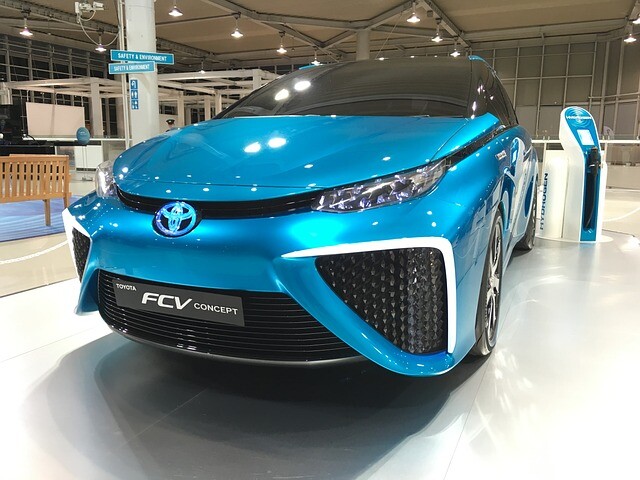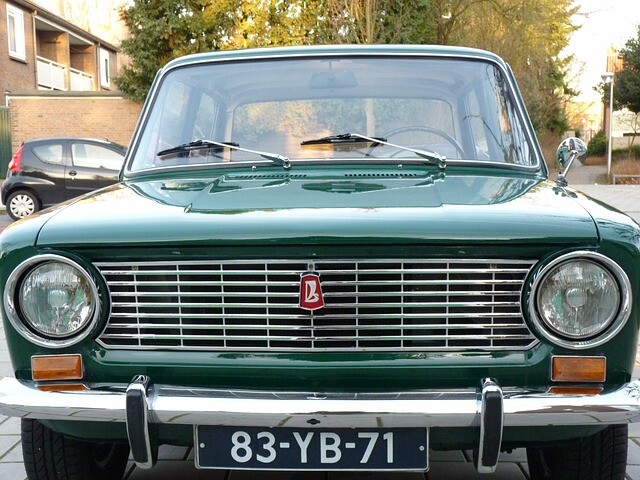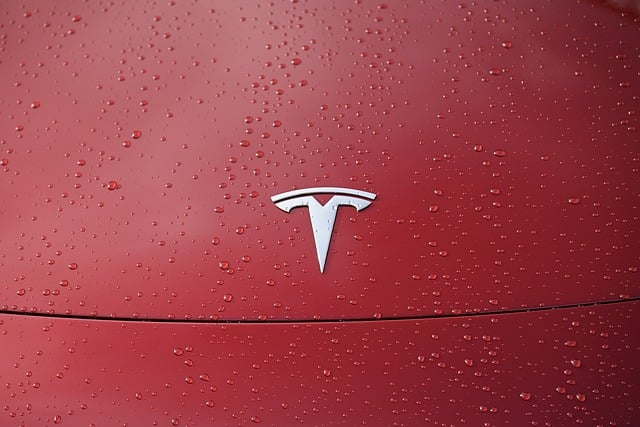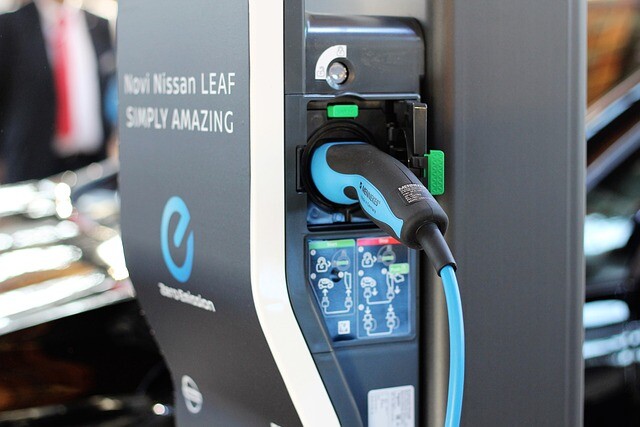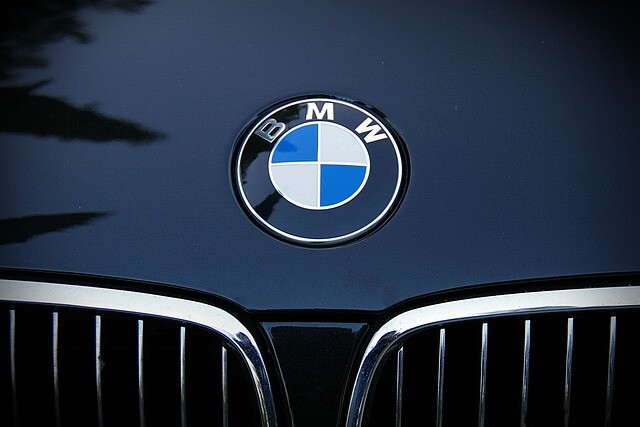Every 6th Hungarian would buy an electric or rechargeable hybrid car
Most would choose electric cars because of environmental awareness and rising fuel prices, while expected repair and parts costs still hinder the rise of e-cars. Nearly 60 percent of those willing to switch would also take out casco insurance for their electric car.
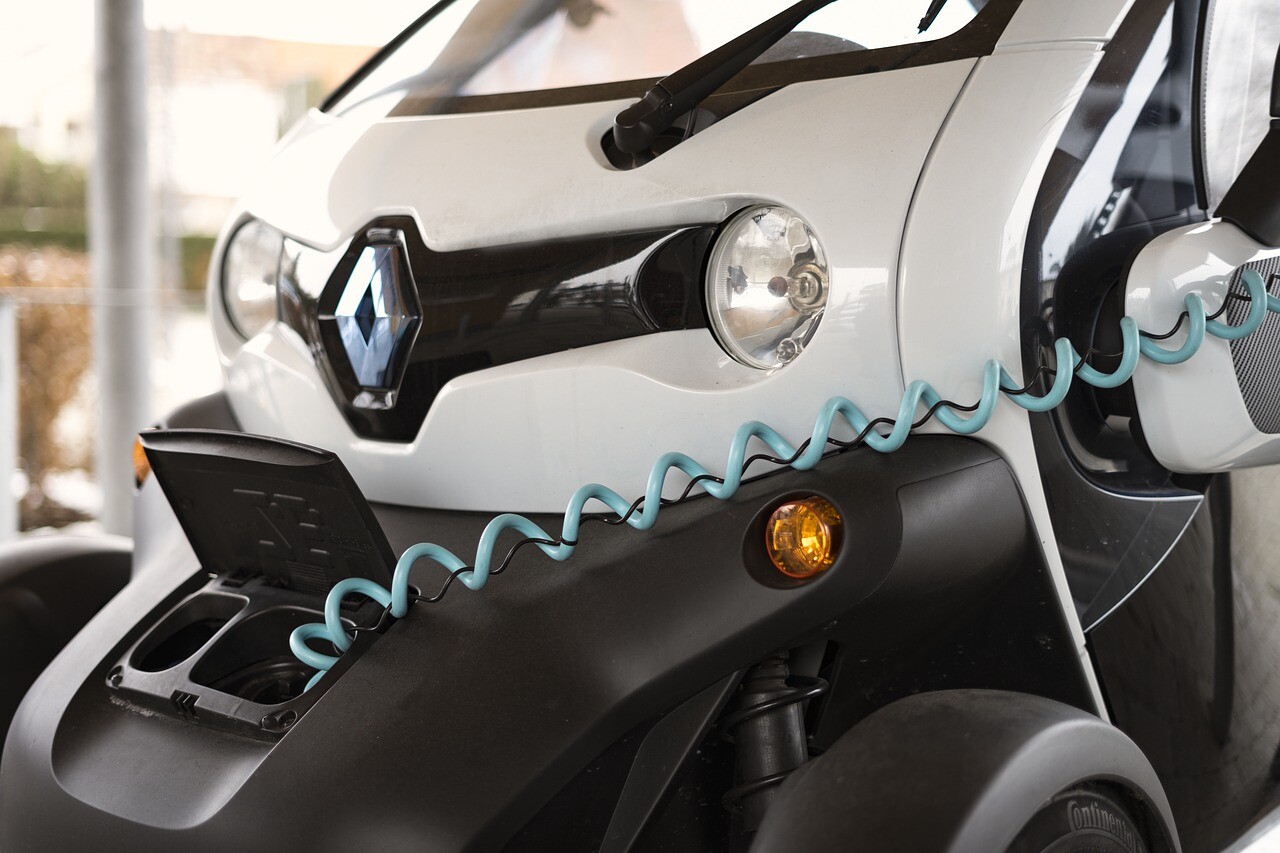
Generali, he wrote, car sales statistics indicate a clear acceleration in the spread of electric vehicles worldwide. The global market share of e-cars more than doubled in 2021, with nearly 2.5 million off-grid cars sold in Europe last year alone.
The trend is similar in Hungary: in 2021, the number of vehicles with green number plates increased from almost 28,000 to almost 43,000. More than 21,000 cars run on purely electric cars on Hungarian roads, which is 0.5 percent of all cars in circulation. While this is still negligible, Generali’s representative research indicates further dynamic growth in the electric car market.
Those who would buy or already own an electric car were significantly overrepresented among urban men aged 40-49 with a secondary or tertiary education.
Generali's survey looked at the costs that alarm Hungarians the most in addition to the purchase price of the car. According to this, the expected repair (52 percent) and parts costs (46 percent) as well as the cost of setting up a home charging station (46 percent) discourage motorists from switching to an electric car.
Fears about repair costs are not unfounded, as repair costs for electric and plug-in hybrid cars are in many cases higher than for conventional vehicles, quoting József Szikszai, head of claims management at Generali, as saying that when buying an electric car, it is worth choosing a model that connectable casco.
According to the data of the Association of Hungarian Insurers, the average price of a traditionally designed car can be around 400-450 thousand forints, and that of an electric car around 600-700 thousand forints.
(Source: autokalauz.co.hu; MTI | Image: pixabay.com)

